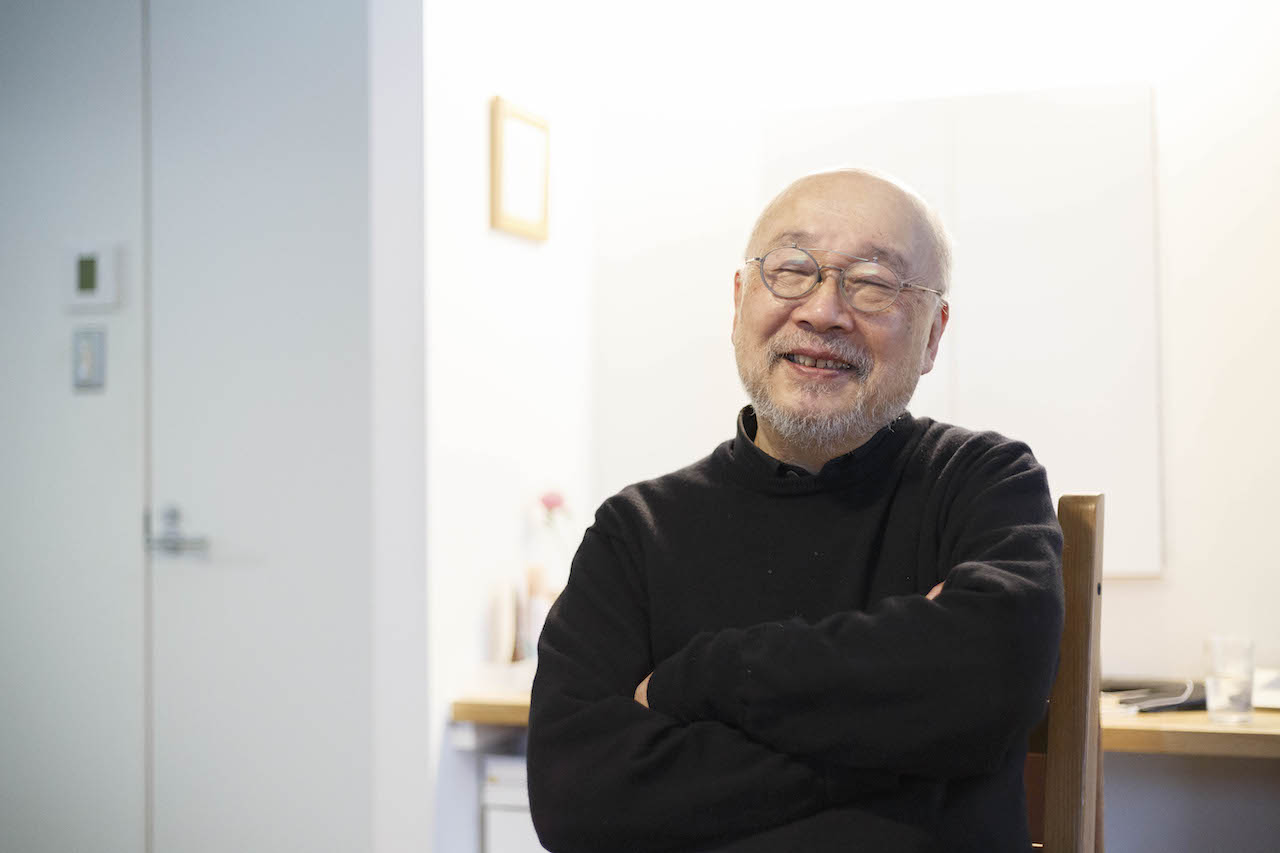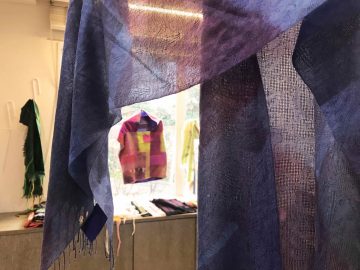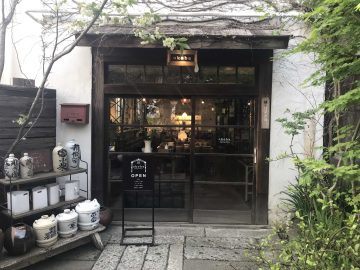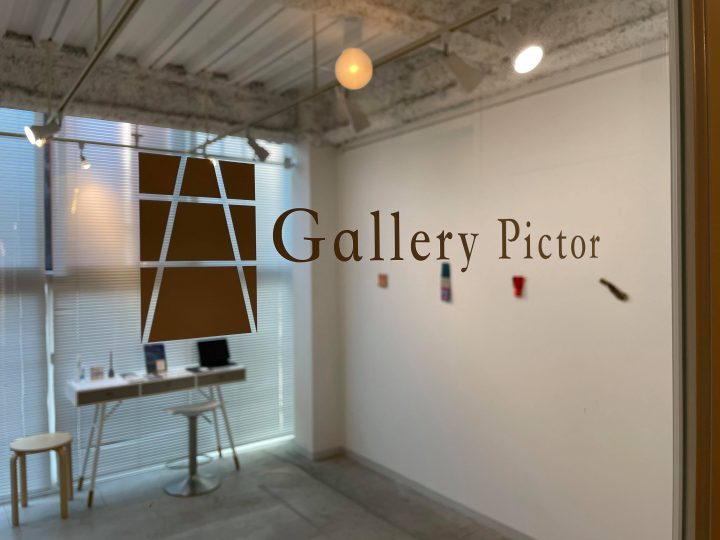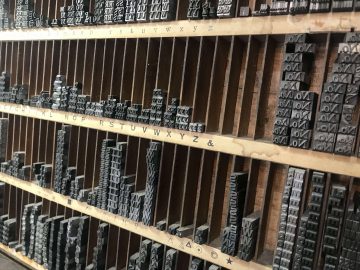Aiming for a radical and minimalist expression
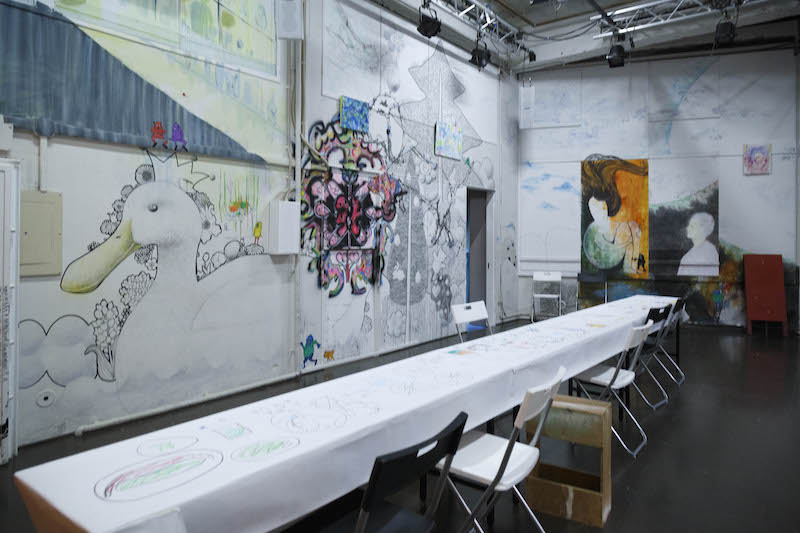
A world of art to visit, see and experience
File.34 "Wharf Workshop 2020"
Miyuki Inoue (Magcal Editorial Department)
Wakabacho Wharf, an arts center in Wakabacho, Yokohama, run by playwright and director Makoto Sato, aims to create a "harbor" where performers active throughout Japan and neighboring Asian cities, including China, Korea, Taiwan, Indonesia, Thailand, Malaysia, Singapore, Vietnam, and Cambodia, can meet, talk, learn, create, and share their work both domestically and internationally. The "Hatoba Workshop" is one such initiative, and every summer young people from around the world gather to live and create together.
In 2020, Sato's envisioned "Hatoba" project was scheduled to get underway in earnest. However, the COVID-19 pandemic engulfed the entire world. What happened to the Hatoba workshop? And what is the current state of "Hatoba," where young people from Asia gathered?
In mid-March 2021, I visited Wakabacho Wharf and spoke with Makoto Sato.
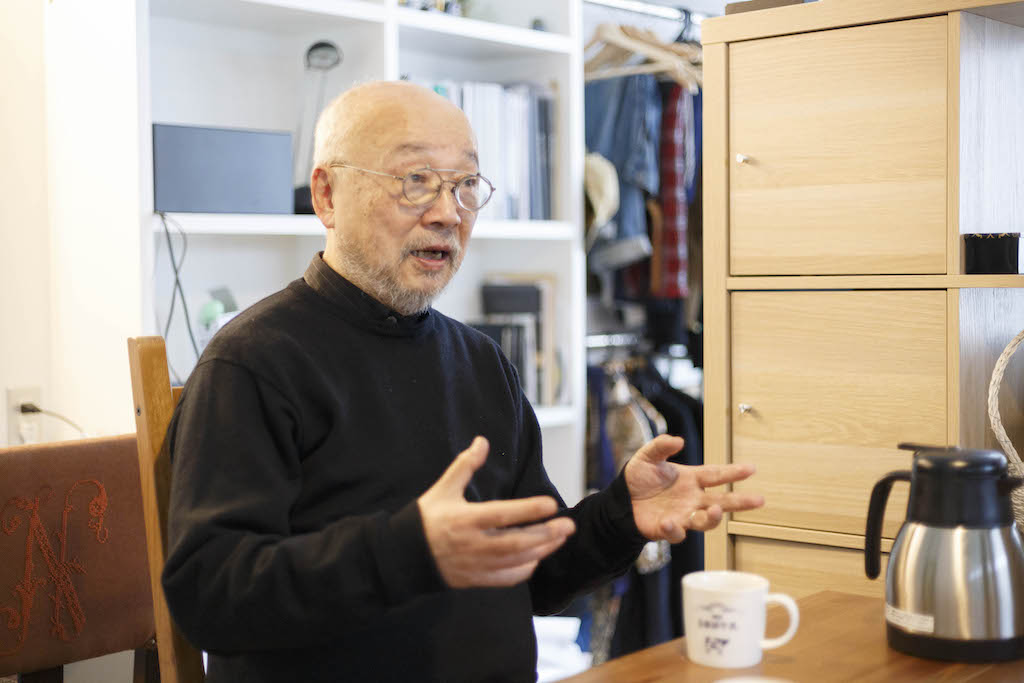
"Personally, I believe we need to think of 'coronavirus' and 'disaster' separately. Coronavirus is just one of the 'triggers'. It became a 'disaster' because there was no way to deal with it, but the various problems that have surfaced this time could have been caused by other triggers as well.
In the midst of all this, the most important thing I felt was to 'never stop.' Although it would be difficult to operate as a rental theater or accommodation facility, I didn't want to close the facility, so I opened up the first floor and developed the 'Vacant Lot Project.' Through connecting with local people and going through trial and error together, I feel like I have begun to see the direction for my future activities. And that is, 'I want to continue doing this regardless of the scale.'"
The Challenge of "Wharf Workshop 2020"
"I believe that the most important element of performing arts is movement, that is, leaving one's home, traveling, and gathering together. In a situation where this is restricted, how much can be done? For example, it's impossible to hold a training camp with 15 people, but what can four or five people do? So this time, we invited four people, mainly participants of past Hatoba workshops, to stay and create works, and in the evenings we connected online with China and Singapore to exchange information with past workshop participants."
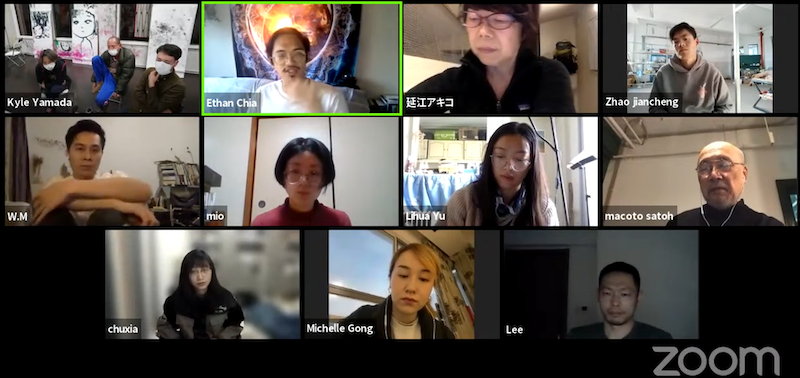
On Sunday, March 14th, the results were announced as a "Special Project for the Wharf Workshop 2020."
Up until now, the group has based their creations on Sato's texts, but this time they were only given the concept of "1 table 2 chairs/isolation." On stage were one table, two chairs, and four artists. They performed three pieces, each lasting approximately 60 minutes, in pairs, changing the combinations.
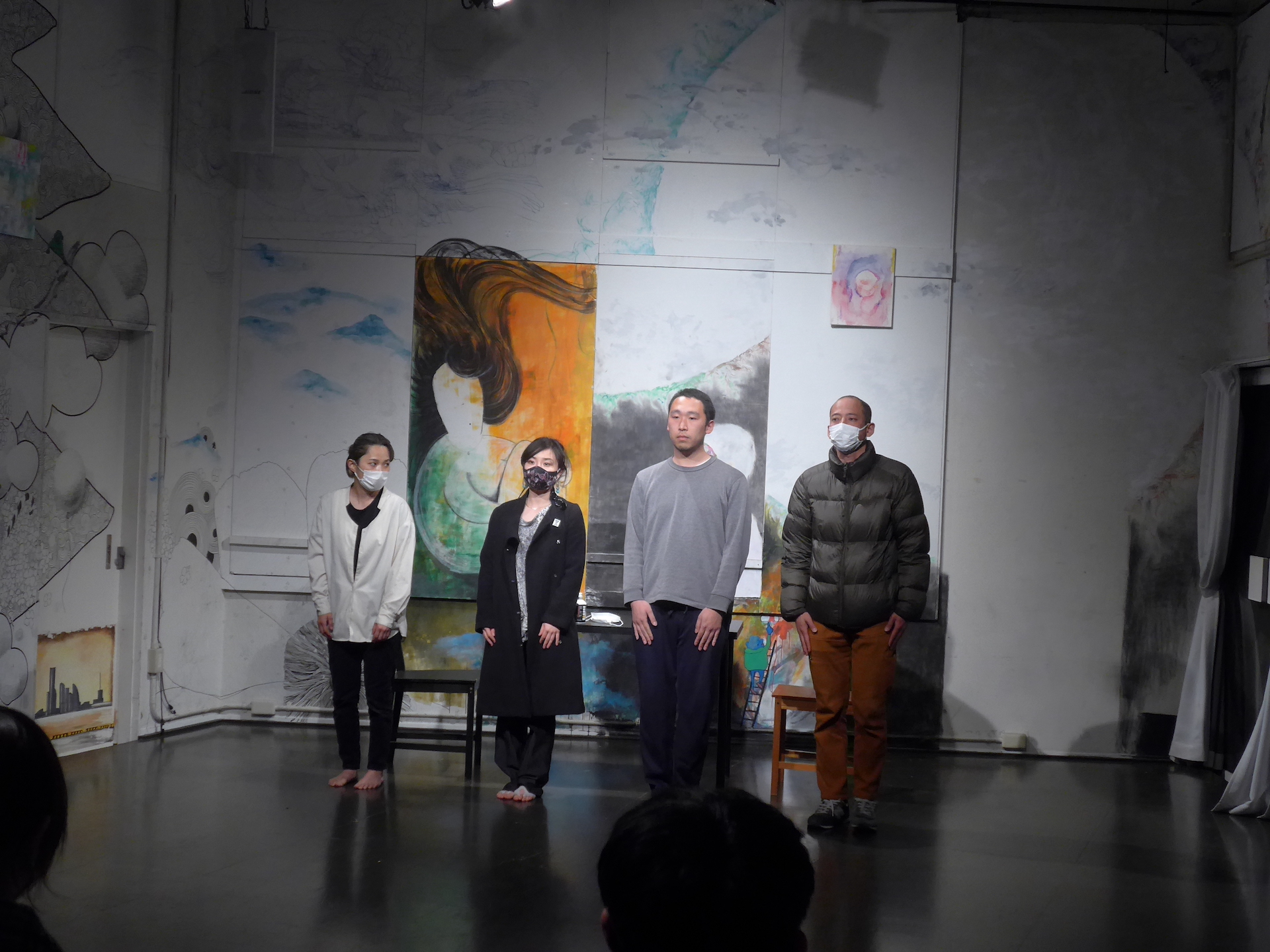
"It feels like the scale has become much smaller, but I think this is an opportunity for theater. The question now is, 'How do we coexist from now on?' In terms of coexistence with nature, theater is a fundamental means of expression and doesn't necessarily require a theater. It can work with a small number of people, and can be carried out without technology like lighting and sound. We need to rethink our economic thinking, but in this regard, the emergence of things like crowdfunding has certainly changed things. For example, we could create a work that can be taken anywhere by two or three people, and create a system to tour the country through a network of small theaters. If this style of activity were possible, both artists and audiences would no longer need to have a base in the city center."
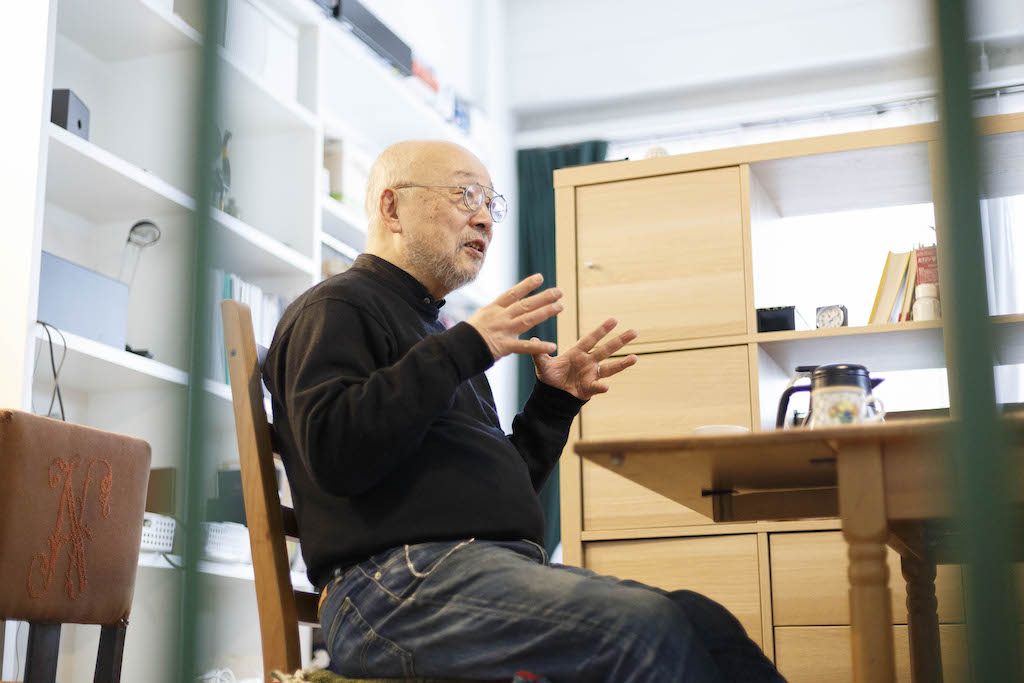
Small International Festival Concept
"Another idea I have in mind is to create a small festival in the area.
Once travel is permitted again, I would like to plan an international festival. It would not be as large-scale as in the past, but rather something like an expanded version of the wharf workshops, with small, face-to-face encounters. This idea was born from the exchanges we have had with nearby art facilities since last year, and we will collaborate with nearby facilities, using the eaves and vacant lots of supporting homes to hold workshops and present the results of our creations. I would like to create a new style that will make people think, 'So this is why we created Wakabacho Wharf.'"
